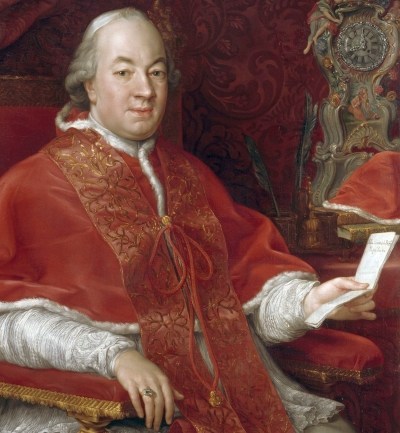One of the most brazen attempts to undermine the traditions of the Church prior to the post-Conciliar age occurred at the Synod of Pistoia in 1786, held in the region of Florence under the presidency of Bishop Scipio de Ricci, Bishop of Pistoia and Prato.
The Synod of Pistoia was the last gasp of the Gallican movement, which attempted to detract from the authority of the Holy See by transferring much of the governance of national churches over to their respective governments and synods of local bishops. It asserted radical innovations in Church governance and proposed sweeping reforms that touched on everything from monastic discipline to the sacramental theology to the order of the liturgy. In many places, the acts of Pistoia anticipate the thinking of the theologians of the Nouvelle théologie responsible for the calamities that followed the Second Vatican Council.
Pope Pius VI condemned the organizers of the Synod of Pistoia as “embarked on confusing, destroying, and utterly overturning [sound Christian doctrine] by introducing troublesome novelties under the guise of a sham reform" in his 1794 bull Auctorem Fidei. His bull goes on to condemn many of the propositions of the Synod as heretical, erroneous, impious, or contrary to Catholic custom.
I have been rereading a lot of the writings surrounding the Gallican controversy and the Synod of Pistoia in light of the coming Synod of the Amazon. A lot of the teachings given by Pius VI were prescient of our current crisis. I want to share some of the more relevant condemnations from Auctorem Fidei that might be eye-opening. (more...)

No comments:
Post a Comment